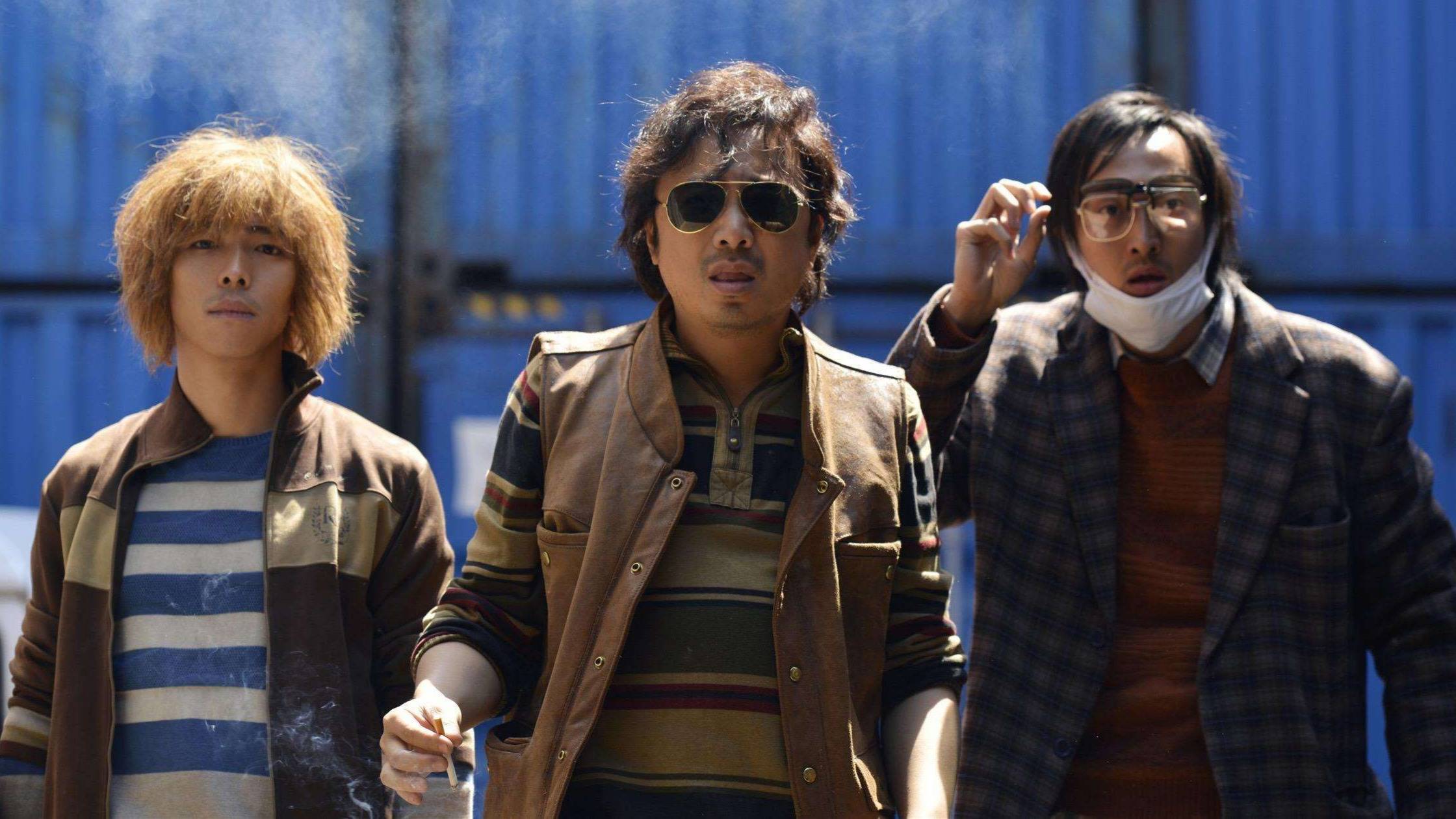Chinese comedy thriller Dying to Survive has become one of the highest rated Chinese films in recent years. Just two weeks after its debut, the film has dominated more than half of China’s box office and has grossed 2.45 billion yuan (S$499 million), according to Ent Group data.
The film depicts a snake oil salesman struggling with his business. After discovering the exorbitant prices of cancer drugs in China, he decides to profit from other leukaemia patients by smuggling cheaper leukaemia drugs from India. He is eventually prosecuted for selling unlawful drugs and the legal battle between leukaemia patients and state prosecutors ensues.
The film is so popular that even Chinese Premier Li Keqiang instructed his cabinet ministers to expedite their efforts to curb cancer drug prices, according to a Chinese government press release on Tuesday (17 July).
However, drugs consultation firm owner Roger Liu told The Wall Street Journal: "The timing of the movie and recent government actions to crack down on drug prices are not accidental."
Tool to promote drug price cuts
Following the film’s release, the Chinese government has made Dying to Survive the centrepiece of promoting cuts in cancer drug prices.
Chinese foreign ministry spokeswoman Hua Chunying brought up the film unprompted when discussing cutting tariffs on drugs imported from India.
A reporter of Xiaokang Magazine — a Communist Party publication — used the film to bring up the issue of drug patents in a regular press conference at China’s intellectual property office.
The government press release issued on Tuesday also said: "After sparking wide interest and discussion, Li Keqiang has issued extraordinary instructions asking the relevant departments to 'be concerned about the people’s concerns' and expedite the implementation of relevant policies.”
But reducing drug prices have been in the Chinese government’s agenda for many months before the film’s release. Back in April, the Chinese government had already decided to remove tariffs for cancer drugs.
An unlikely hit
The film is an unlikely hit: Chinese blockbusters in recent years have been CGI-filled fantasy flicks. A realist social criticism, Dying to Survive stands out from the crowd as what its director Wen Muye calls a “China’s first social hero film”.
China’s film censors were also unlikely to have approved the film. The movie shows mass protest outside a courthouse, depicts a protagonist who exploits the grey areas of law and criticises China’s health insurance policy.
“As a film that criticises what is actually happening, it could only become popular because it got the level of criticism right to pass China’s censors,” Gao Wei, fellow at Center for China and Globalization, told Reuters.
Films and TV shows a new way to promote policy
In the past, the state-owned China Film Group has made many films promoting patriotism and the government-approved view of history, including the trilogy depicting the founding of the People’s Republic of China, the founding of the Chinese Communist Party and the founding of the People’s Liberation Army.
More recently, the government is using films and TV shows to promote its policy in a less blatant manner.
In 2015, investigative journalist Chai Jing made a documentary Under the Dome on China's air pollution. The film was released on the website of state newspaper People's Daily. The documentary was viewed more than 150 million times before being banned a week later.
The 2017 TV show In the Name of the People follows the anti-graft officials in a fictitious Chinese city. The show coincided with Xi Jinping’s drive against corruption in China and the Communist Party. It broke multiple viewership records, according to CSM Media Research.
Price of cancer drugs
The film is based on the true story of Lu Yong, a leukaemia patient from Hunan Province, China. He relies on the leukaemia drug Gleevec, which is sold by Swiss pharmaceutical company Novartis. Back in 2002, each box of Gleevec cost Lu 23,500 yuan and Lu had to consume a box every month, according to Southern Weekly. That's S$7,078 every month, adjusted for inflation.
China's government medical insurance scheme did not cover Gleevec. Lu discovered that the generic version of Gleevec sold in India cost only about one-tenth of the branded version.
Unlike the protagonist in Dying to Survive, Lu did not profit from the generic drugs. But he was prosecuted for selling unlawful drugs and credit card fraud, charges which were later dropped.
Gleevec is now covered by China’s national health insurance scheme. After social media, films and TV shows are new platforms for the Chinese government to build support for its policies and to connect with its citizens.
Correction: An earlier version of this article incorrectly referred to the character in the film as a leukaemia patient. The article has been updated to reflect the change.
Top image via Sohu
If you like what you read, follow us on Facebook, Instagram, Twitter and Telegram to get the latest updates.
